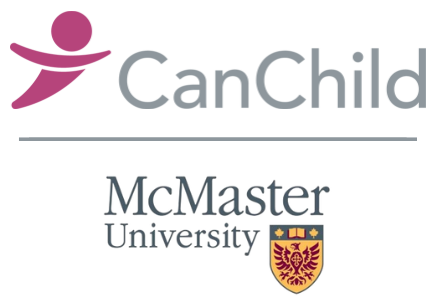Children who are experiencing difficulties with handwriting and other fine motor activities at school are often referred for an occupational therapy (OT) assessment.
Read Resources
43 resources found
Recognizing and Referring Children with Developmental Coordination Disorder: Role of the Speech Language Pathologist
Speech-language pathologists often receive referrals for young children who are demonstrating early delays in speech and/or language development.
Read Resources
Recognizing and Referring Children with Developmental Coordination Disorder: The role of the Physiotherapist
Physiotherapists assess young children with motor difficulties and/or delays by observing movement skills and asking critical key questions about their motor abilities and development.
Read Resources
Do You Know A Child Who Is Clumsy? A flyer for coaches and sports instructors
Do you know a child who is motivated to participate in sports activities at first, but they experience significant frustration when they just can’t seem to “get the hang of it”?
Read Resources
To Write or to Type – That is the Question!
In today’s society, keyboarding is an important skill for all children to learn, but it is particularly important for children with motor coordination difficulties. With support and appropriate instruction, even young children with coordination difficulties can learn to be very proficient typists.
Read Resources
Succeeding at School: Accommodations for Students with Coordination Difficulties
DCD is a medical diagnosis, not an educational diagnosis; as such, it does not easily lead to programming to meet children’s learning needs at school. Many children with DCD do not qualify for, nor do they need, special education services.
Read Resources
Children with Coordination Difficulties: A Flyer for Physical Educators
Some children have a great deal of difficulty learning to coordinate their movements and may appear awkward or clumsy. These children often struggle with participation in physical education class as well as in other subjects that involve handling objects, such as art, music or drama classes.
Read Resources
M.A.T.C.H. Flyers: A Resource for Educators
The most important thing a teacher can do to help a child reach his/her full potential is to make sure the task and the learning environment are right for the child.
Read Resources
Encouraging Participation In Physical Activities For Children With Developmental Coordination Disorder
Parents of children with DCD are often confused and worried about their child’s lack of interest in physical activity. Parents, teachers and coaches may mistakenly label these children as lazy and unmotivated.
Read Resources
Recognizing and Referring Children with Developmental Coordination Disorder: The Role of the Physician
When parents bring their children into the office for healthy child visits, you have a wonderful opportunity to explore many areas of child development including cognitive, speech, language, gross motor and fine motor, social and self-care.
Read Resources
